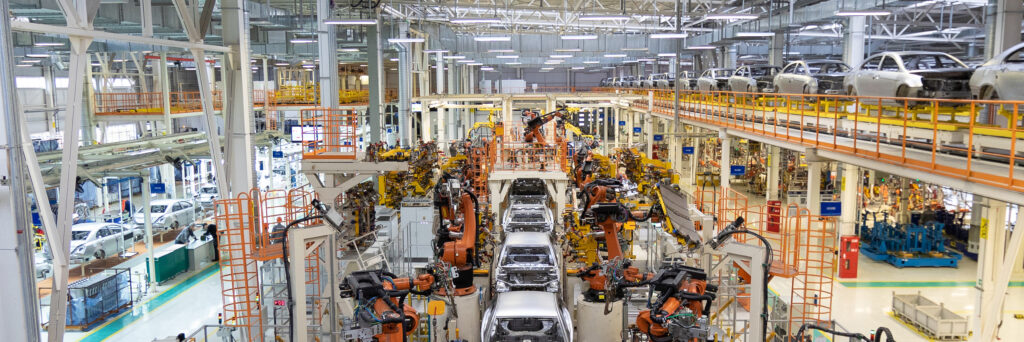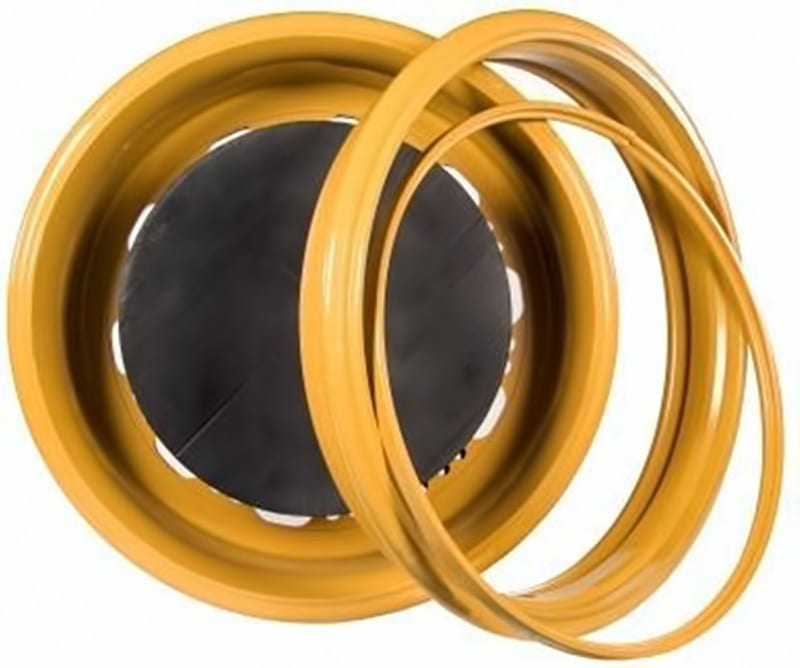
The automotive industry is the second largest consumer of steel in the world. Although the use of aluminum in this sector is slowly beginning to grow, automotive companies still use steel materials for products such as auto sheets and engine parts. Aluminum is unlikely to ever supplant steel in the automotive industry. Steel offers an array of benefits for automotive manufacturers over aluminum, including better affordability and more eco-friendliness during production.
Hot Rolled Steel for the Automotive Industry
Hot rolled steel is one of the most vital materials in the automotive industry. Products made from this material are cost-effective, durable, and available in a range of strength levels. They can also meet stringent automotive engineering requirements and are well-suited to reworks when correcting defects or production errors.
According to data from the International Organization of Automobile Manufacturers, the automotive industry produced 95.6 million vehicles in 2018 alone. On average, each of these vehicles contains approximately 2,000 pounds of steel. This material makes up well over half of the vehicle, with the largest proportion located on the body structure, including door panels and trunk covers. Automakers also use steel in:
- Suspensions
- Power trains
- Tires
- Fuel tanks
- Wheels
- Steering systems
- Braking systems
Steel features numerous benefits that make it ideal for use by the automotive industry. For example, the impact resistance of steel adds to the safety of the vehicle, while its flexibility and durability increase the vehicle’s lifespan and reduce the need for frequent maintenance.



